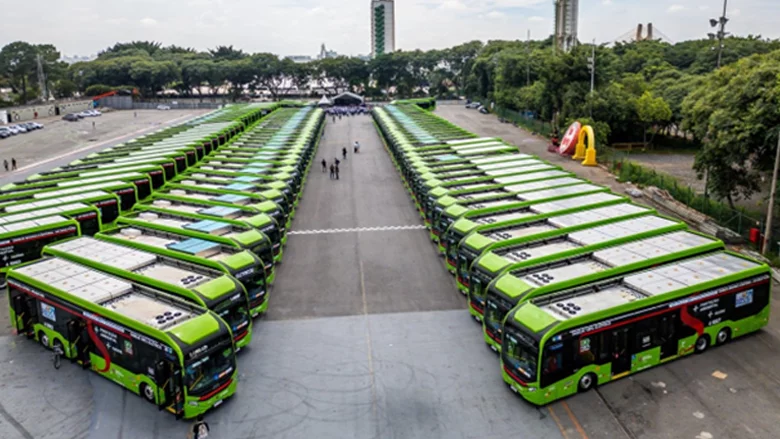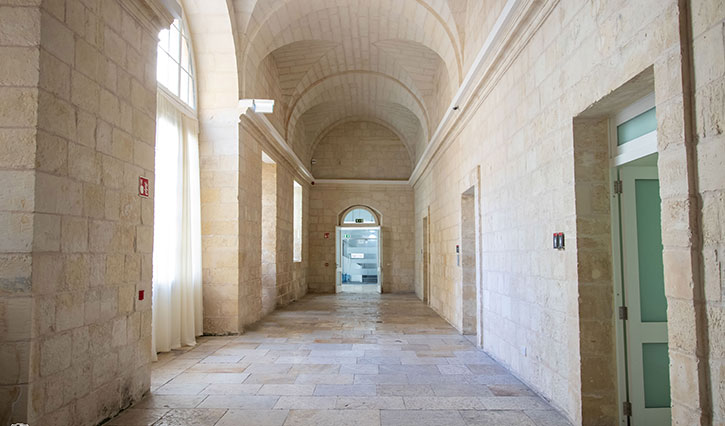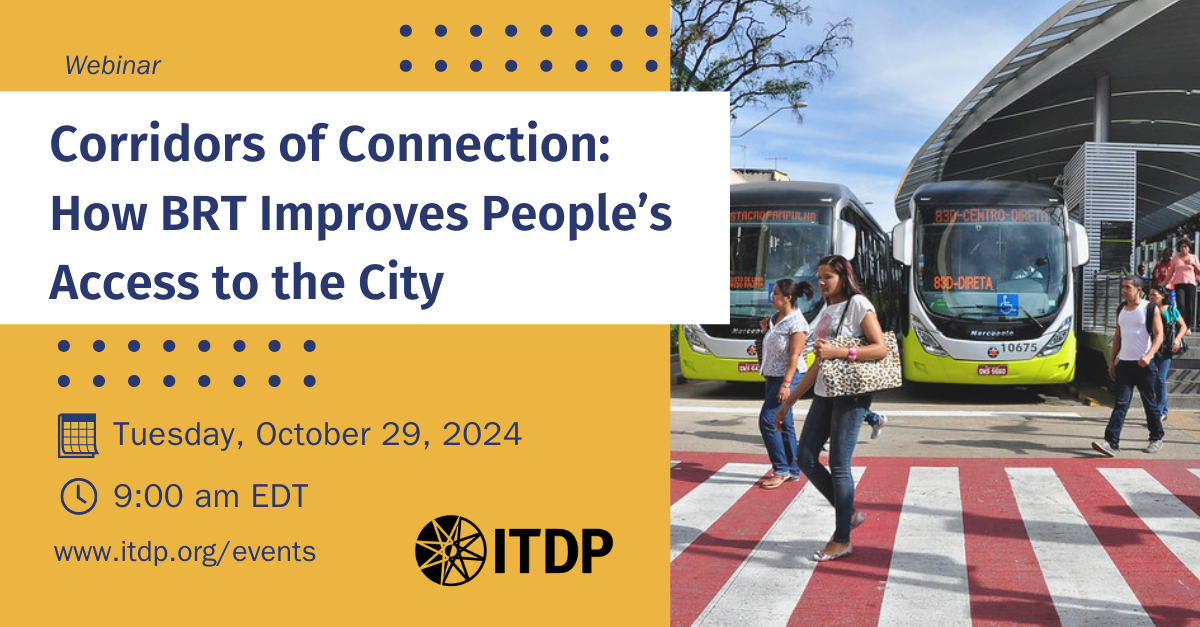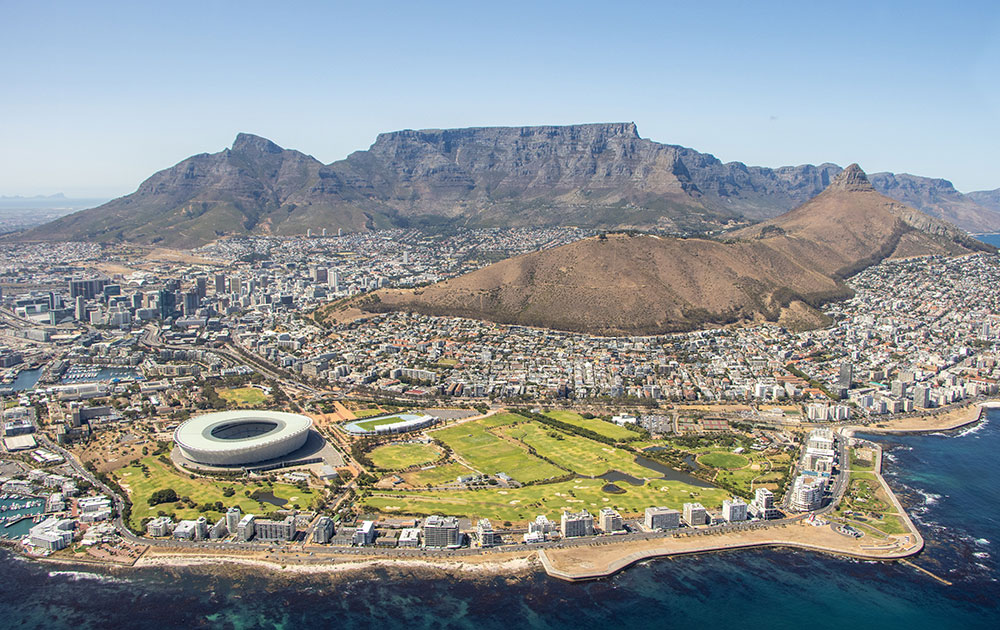This paper examines the operation of urban bus transport systems based upon exclusive bus roadways (busways) in three cities in Brazil. The historic, economic, political, regulatory and operating context for these services is discussed. The strengths and weaknesses of busway systems in Curitiba, Porto Allegre and So Paulo are compared, with particular reference to the operating capacity of the busways. The paper concludes with an assessment of the importance of operations techniques, infrastructure development, land use planning, political stability and regulation to the success or failure of these systems.











